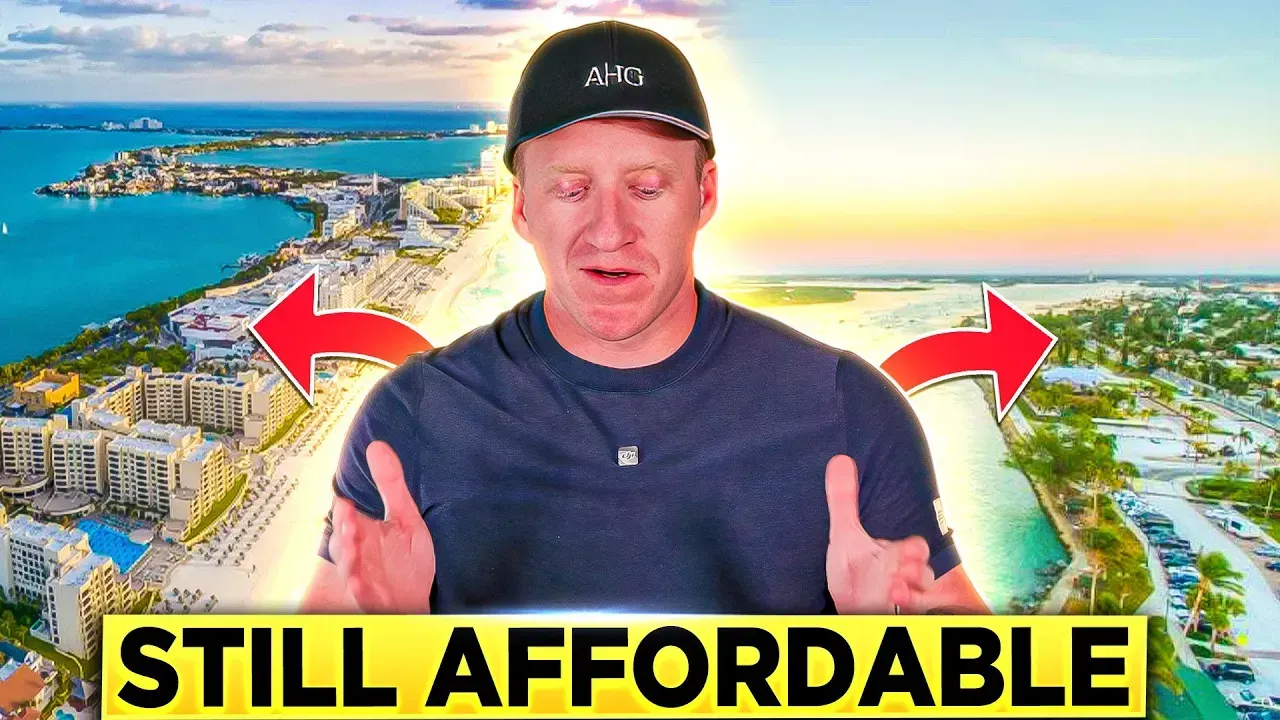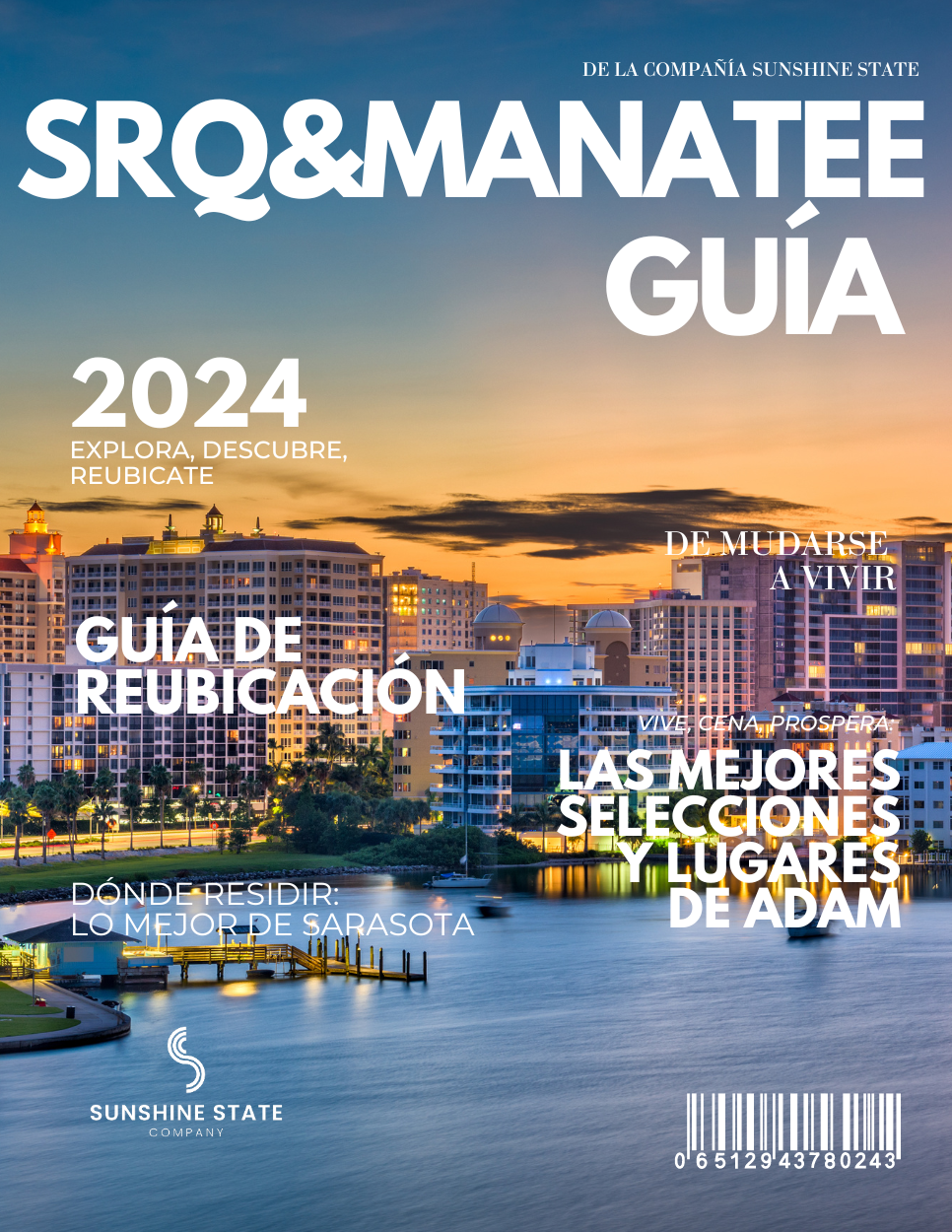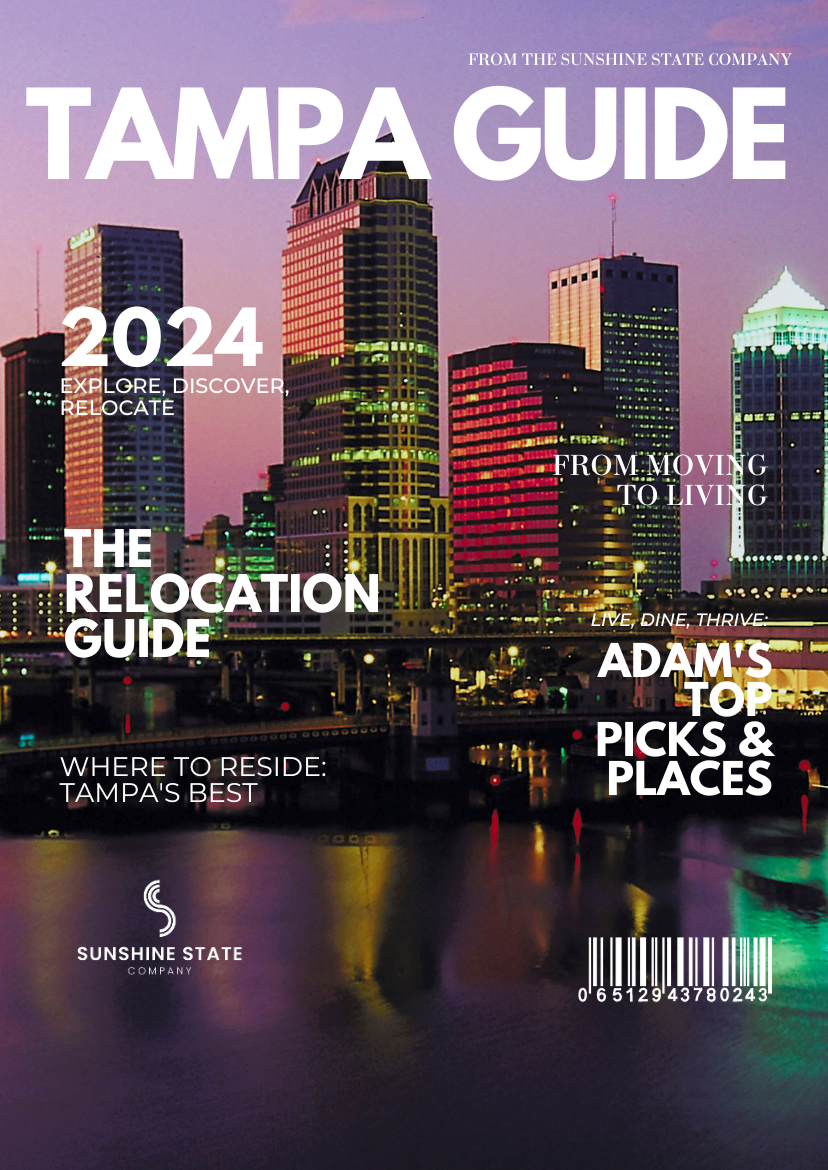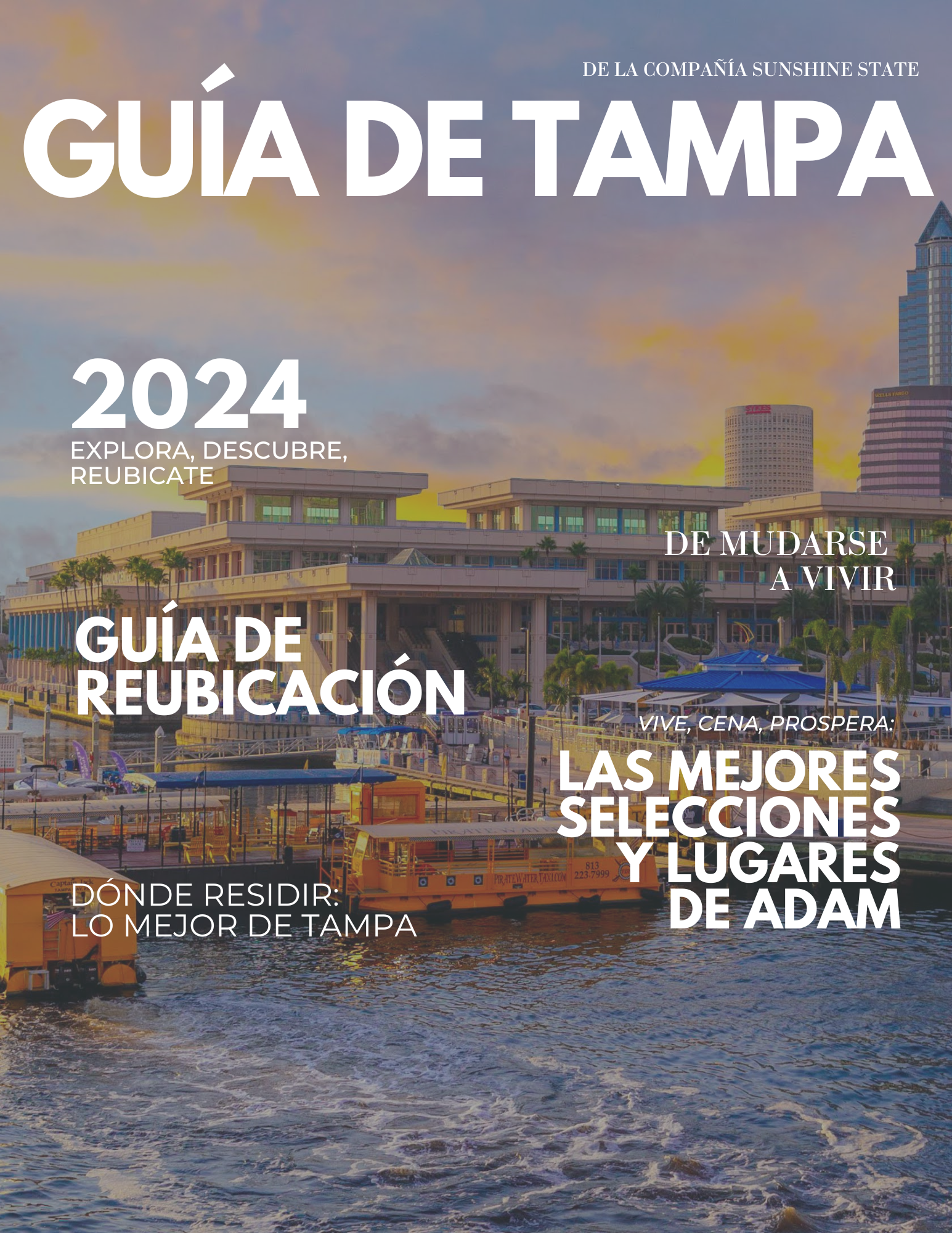Why People Are Leaving Florida In 2025
Table of Contents:
- Introduction
- Cost of Living and Housing Affordability
- The Insurance Dilemma: Home and Auto
- Car Insurance
- Climate, Hurricanes, and Rising Risks
- Overcrowding and Infrastructure Strain
- Possible Solutions: Why Florida Still Works
- The Strength of the New Construction Market
- Variety of Locations
- Final Thoughts
Welcome to the Florida Relocation Guide
Hello everyone, and welcome back to the Florida Relocation Guide! I wanted to take an honest and balanced approach to some of the biggest concerns people have about moving to or living in Florida right now.
Let’s get straight to it – Florida is facing a borderline cost of living crisis. We’re seeing rising home prices, skyrocketing insurance premiums, climate volatility, overcrowding, and infrastructure strain. But like any major issue, there are two sides to the story. In the second half of this article, I’ll highlight some potential solutions and factors that may not eliminate these concerns but can certainly help balance them.
If you find this discussion useful, don’t forget to check out our newly updated 2025 Sarasota Florida Relocation Guide—a quick PDF flipbook with local insights on the best places to live, restaurants, activities, and even where to stay when visiting. Also, consider signing up for our 30-day email series, where I handwrite one real-time update each month, covering new construction incentives, market shifts, and more. Now, let’s get started.
Cost of Living and Housing Affordability
One of the biggest concerns for anyone looking to move to Florida is the cost of living—particularly housing prices. Florida has long been a hotspot for relocation due to its appeal to people from high-cost states like Illinois, New Jersey, New York, and California. Historically, Florida remained attractive because, despite rising prices, it was still cheaper than these high-tax states. But in recent years, affordability has become a major challenge.
A recent study ranked Florida 49th out of 50 states in affordability, making it one of the least affordable places to live in the U.S. Right now, we’re seeing a combination of high home prices, rising property taxes, and surging insurance costs that make it difficult for middle-class families to keep up. And it’s not just homeowners—rent prices have also skyrocketed, particularly in cities like Miami, Tampa, and Orlando.
Another report ranked Florida as the 5th most affected state by the cost of living crisis, with housing, utilities, and everyday necessities hitting families hard. Combine that with homeowners insurance costs rising by thousands of dollars per year, and it’s clear why many people are struggling to keep up—especially retirees on fixed incomes.
Despite all this, Florida still has some fiscal advantages over states like California and New York, particularly with no state income tax. But for those considering a long-term move, it’s important to evaluate how these rising costs may impact your financial future.
The Insurance Dilemma: Home and Auto
Insurance is another major concern, starting with homeowners insurance. Floridians are currently paying three times the national average in annual insurance premiums, and the costs continue to rise. One of the biggest reasons? Replacement costs. Supply chain issues, labor shortages, and the rising cost of building materials have driven up home replacement expenses significantly. And with more people needing new homes due to demand and hurricane-related damage, the strain is real.
Some insurers have even decided to leave Florida entirely, limiting consumer choices and driving prices up further.
However, there’s been a recent governor-led push to decrease insurance rates across the state, with projections of a 5-7% reduction. While this won’t lower premiums overnight, it could help bring stability over the next few years.
Car Insurance
Florida has some of the highest car insurance rates in the country. While this isn’t new, recent reforms could help stabilize costs. Rather than making car insurance cheaper than in other states, these reforms aim to prevent rates from increasing even further. The main issue right now isn’t necessarily cost—it’s uncertainty. Many people are pausing their relocation plans because they’re unsure of how much they’ll actually need to budget for insurance in the coming years.
Climate, Hurricanes, and Rising Risks
Florida’s warm weather and beautiful beaches have always been a huge draw, but with that comes risk. Hurricanes and flooding are a reality for many Floridians, and in recent years, we’ve seen major storms hit areas that traditionally weren’t in the high-risk zones. For many, this unpredictability has been a deal-breaker.
Beyond hurricanes, flooding has hit non-flood zones, causing additional concerns. While these extreme weather events are still relatively rare, the news coverage has made it seem like a widespread, recurring issue that’s impossible to avoid.
Overcrowding and Infrastructure Strain
Florida remains one of the most popular relocation destinations, bringing in 250,000 to 300,000 new residents per year. But with rapid growth comes inevitable challenges like traffic congestion, school overcrowding, and infrastructure strain. Some cities have struggled to keep up with the demand, especially since COVID-19 accelerated migration patterns.
Many of Florida’s once-quiet coastal towns—like Siesta Key, Amelia Island, and Seaside—have become more crowded, making it harder to maintain that “hidden gem” feel. That being said, growth also brings new jobs, more businesses, and improved commercial amenities, which are long-term benefits of a booming population.
Possible Solutions: Why Florida Still Works
Now that we’ve covered some major concerns, let’s look at a few reasons why Florida still makes sense for many people.
1. The Strength of the New Construction Market
Florida currently has over 1,300 actively building new communities, with more than 100 home builders contributing to the market. These aren’t just scattered projects—much of Florida’s growth is happening in master-planned communities like Lakewood Ranch, Wellen Park, and Babcock Ranch, which offer high-quality housing far enough from coastal risk zones but still within reach of beaches and amenities.
New construction comes with modern building codes, hurricane-resistant features, and elevated lot designs to mitigate flood risk. Plus, these communities often include downtown centers, schools, and recreational amenities, reducing the need to commute for everything.
2. Variety of Locations
Unlike other states where your choices are limited, Florida offers a wide range of relocation options. If one city doesn’t fit your budget or lifestyle, there are several comparable alternatives. For example:
- If Sarasota is too pricey, go 10 miles east to find more affordable options.
- If Tampa feels too big, check out the Atlantic Coast cities like Vero Beach or Melbourne.
- If Naples isn’t right, consider Destin or the Panhandle towns like Pensacola or St. Joe’s Beach.
More options mean better affordability, more competition, and a greater chance of finding your perfect fit.
Final Thoughts
At the end of the day, Florida isn’t perfect—but neither is anywhere else. Every state has trade-offs, and the key is finding the right balance for your needs. Rising home prices, insurance challenges, and overcrowding are real concerns, but new construction, location variety, and tax advantages offer compelling reasons to consider Florida.
If you’re still interested in making the move, we offer a free Sarasota Relocation Guide, as well as a 30-day email series to help you stay informed. And if you need help with real estate, whether now or in the future, don’t hesitate to reach out!
Recommended Videos
Categories
Free Relocation Guides
The YouTube Channel
Watch The Latest With Adam Hancock
Each week I'll give my view on everything from the best neighborhoods around Southwest Florida and new construction communities.

One of the most unique things about our brokerage is how we view the real estate experience!
When you work with The Sunshine State Co team you get Adam, the broker, & your own dedicated agent. This formula provides clients with a full-time market researcher (aka - the best info possible), read more...
LIke Free stuff?
Florida guides, tools & more!
The absolute SMARTEST way to relocate and/or invest in the entire state of Florida. We create an abundance of original, value-based and economics-first resources to equip our clients for the real estate market ahead. Smarter buyers are more savvy buyers!
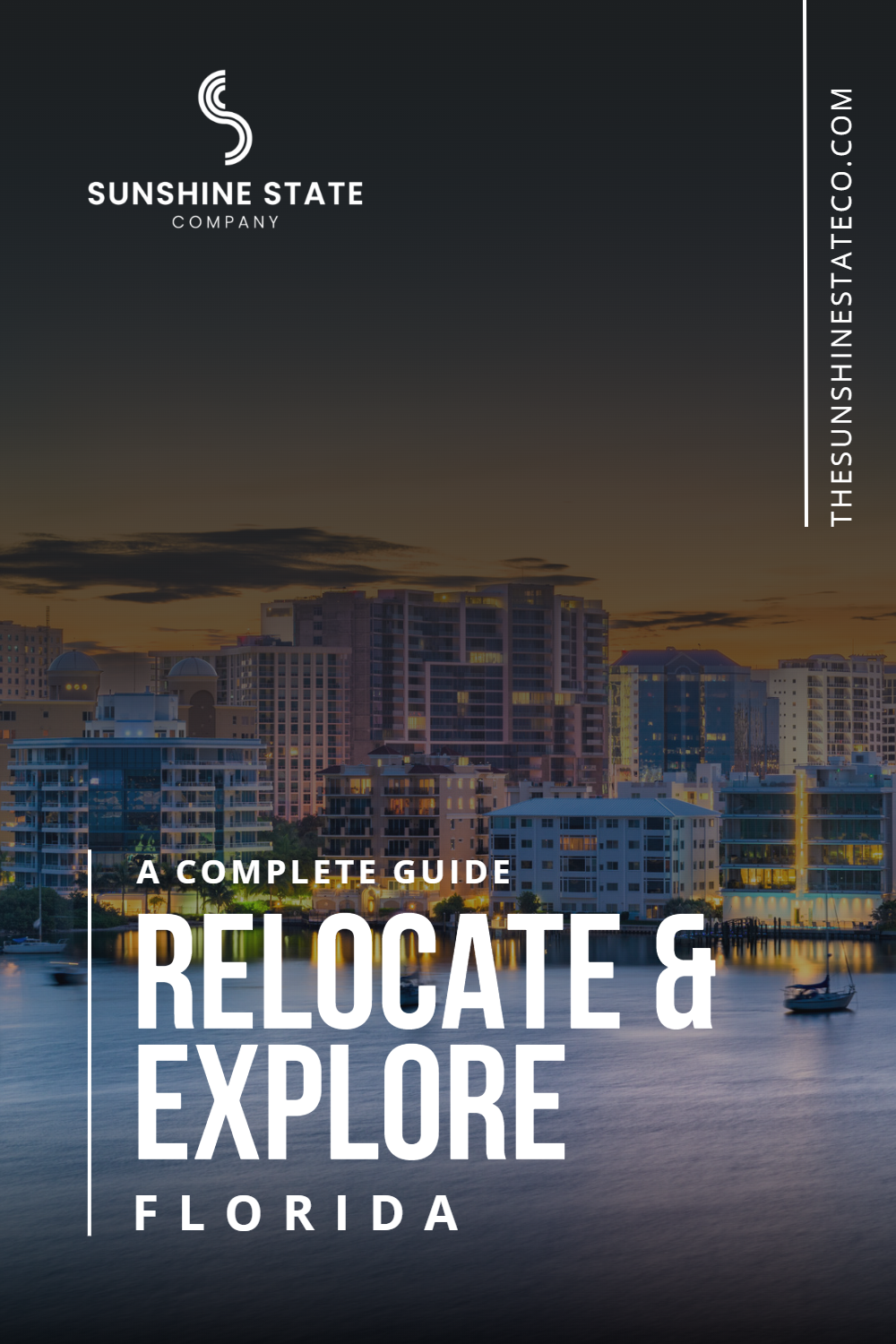
Sunshine State Company
Ready to take the next step?
Let's schedule a meting! During this initial consultation, we'll learn more about your situation and what you're seeking in a home. We'll provide advice and address any concerns you may have, in order to determine the best approach to achieving your goals. By the end of our conversation, we'll have a solid plan of action and next steps for moving forward.


